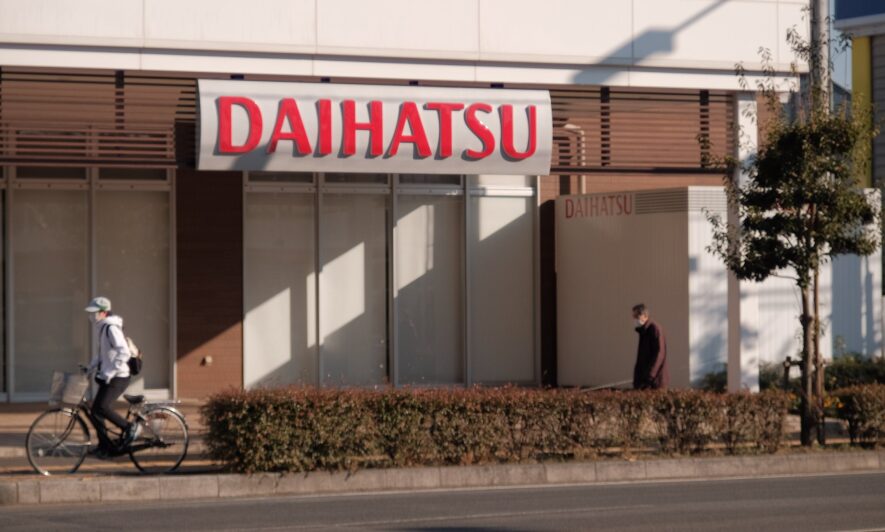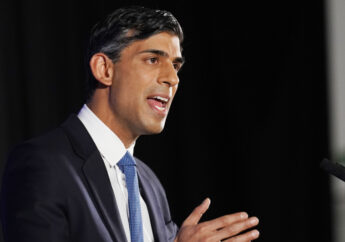Toyota’s Daihatsu To Compensate Suppliers Over Output Halt
by Shahnawaz Alam News 26 December 2023

Daihatsu Motor, the small car unit of Toyota Motor (7203.T), is set to provide compensation to 423 domestic suppliers directly affected by an ongoing safety scandal that has forced the halting of production at its Japanese plants. The manufacturing hiatus is anticipated to extend until the conclusion of the next month, with a company spokesperson confirming this development on Monday.
In response to the disruption caused by the safety issues, Daihatsu aims to fairly compensate suppliers by considering their historical business volumes. The company is actively assessing the overall impact of the production stoppage on its extensive network of suppliers. This compensation initiative comes in the wake of Daihatsu’s decision last Wednesday to suspend shipments of all its vehicles. The safety investigation revealed issues in 64 models, including nearly two dozen sold under Toyota’s renowned brand.
Taking proactive steps to address the repercussions of the scandal, Daihatsu plans to collaborate with its primary suppliers. Moreover, the company expressed its willingness to extend support to smaller subcontractors that may not directly receive compensation. This support could potentially include accessing industry ministry funds designed to assist businesses facing challenges in the wake of such incidents.
While Daihatsu’s overseas operations, particularly in Southeast Asia, play a crucial role, it has managed to resume production of its Perodua brand cars. This has been made possible through the operation of joint ventures with Malaysian automaker Perodua, after securing regulatory clearance. The company, fully owned by Toyota, has also taken steps to resume shipments from its Indonesian subsidiary, PT Astra Daihatsu Motor, with operations back on track as of the previous Friday.
As Daihatsu navigates the complexities of the safety scandal, the collaborative efforts with suppliers and the resumption of production in key overseas markets signal a strategic response to mitigate the impact on its operations and uphold its commitments to stakeholders.
Read Also:



































































































